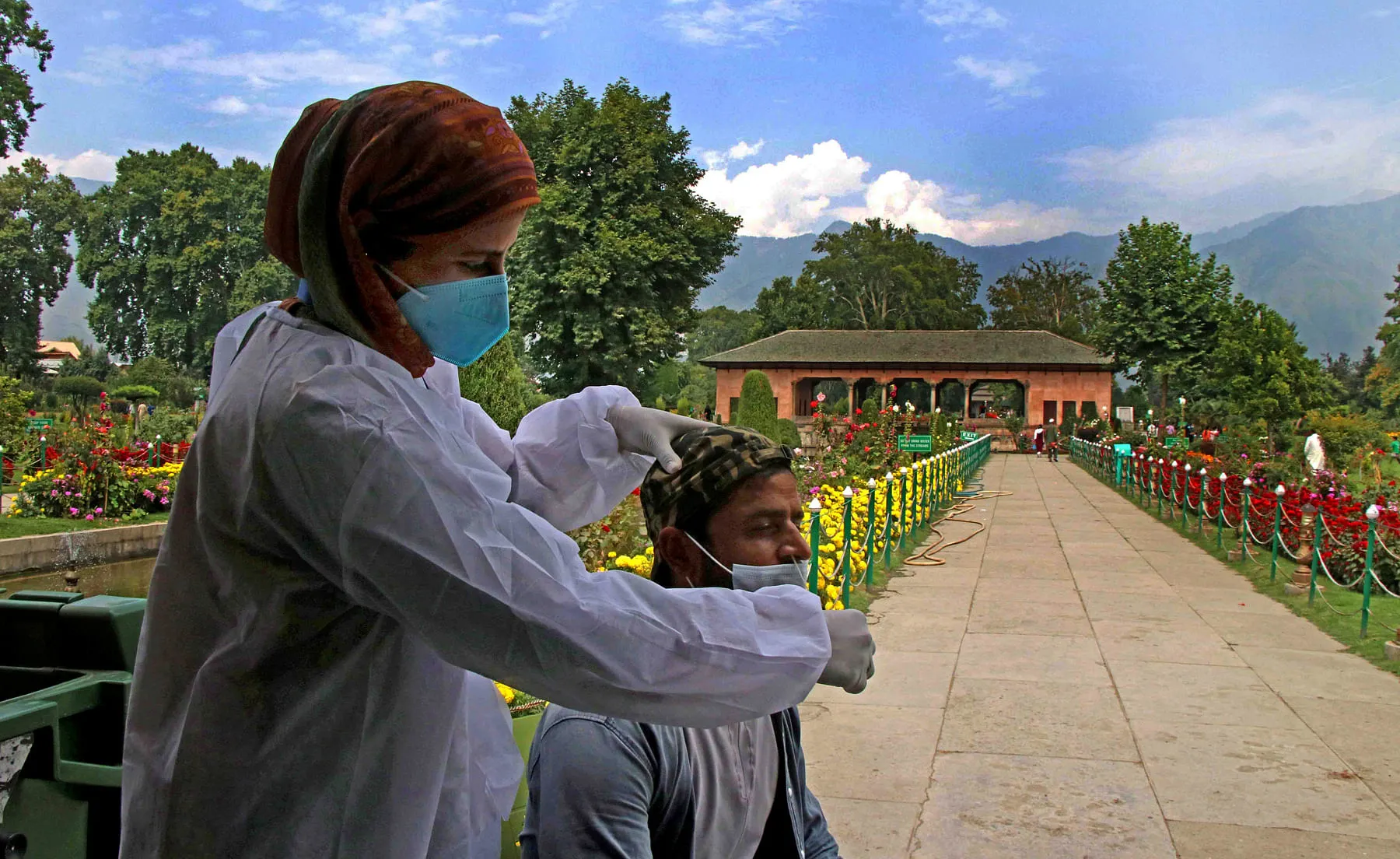Sample survey is another method of data collection for demography or population studies. With the help of sample surveys we can better analyse the population variables and also the relationships between population changes and other variables-social, economic, demographic, political, biological etc.
That is to say, demographic sample surveys have the capacity to draw any meaningful study of the population which is interdisciplinary. In a sample survey, we collect information only from a sample of the population, which is representative of the whole, and not from the whole population.
We then draw conclusions by the use of scientific methods. In countries where no census is generally conducted or delayed due to different socio-economic reasons, population data is collected through sample surveys and some meaningful estimates are made of its size, growth structure and characteristics.
There is no denying the fact that even in countries where regular census operations are conducted, especially in developed countries, the need for collection of population data through sample surveys is felt. Also keeping in view the fact that a census is taken in most countries only once in ten years it is very appealing and demanding to go for sample surveys.
The data collection through sample surveys has several advantages. Under the sampling method, the number of items or units utilized is less and therefore helps us to reach the results very quickly.
The method of sampling involves substantially lower costs as compared to Census Population Method. Hence, the sample method has wider scope than the census method and it becomes a better substitute in places where census methods become impossible and impracticable.
Managerial and organisational concerns are not much under sample surveys since there is less number of samples and huge inputs (facilities) are not needed. Hence, sample surveys are economic in nature. With the help of specially trained interviewers and carefully made questionnaires, we can throw light upon some special aspects of the population.
As an example, information on contraception, abortions, average length of stay in a hospital or COVID ward for surgical versus non-surgical stay etc, which is very important from health point of view, can never be obtained from a census method but only through sample surveys.
The COVID-19, which was declared as Pandemic by WHO, put tremendous pressure on education and health systems in particular, and social sector in general. It is therefore mandatory on the part of concerned authorities to respond with judicious, effective and apt interventions; methodologies and policies.
A bad timed and managed COVID-19 response can be a great stumbling block or barrier to the gains both collectively achieved and individually achieved. The Pandemic and its associated lockdowns and social distancing have badly influenced our minds and quality of life.
Moreover, the pandemic has affected our social cohesion and social capital which in turn affects our social resilience and trust. In this pretext, it is very important to know how and why we respond to shocks and calamities in an economy.
It forces us to anticipate unwanted situations and accordingly suggest remedial measures. There is a need for the implementation of pandemic response measures that are well situated, well informed and highly receptive in nature.
Sample surveys can better explore COVID-19 insights, acceptance of lockdowns, social distancing, mental and physical well-being, normal and abnormal behaviours and more. Although sample surveys are taking place in India, the coverage of demographic sample statistics in India is far from satisfactory.
COVID-19 sample survey is also an indispensable statistic but because of false reporting or under-reporting, COVID-19 sample survey is incomplete and very unsystematic. The incomplete sample survey in general and death (due to COVID-19) survey in particular is found to be very high in rural areas especially economically poor areas.
The main reasons for such inefficiency and discrepancy in the Indian sample surveys and Population Statistics are low level of education of the masses, low human capital formation, low social capital formation, and superstitious dogmas. The importance of the sample surveys is neither realised by the masses nor by the sampling authorities at all levels.
For the majority of Indians, very few occasions arise when vital population data are required. Therefore, it is not astonishing that people in India do not realise and encourage the need and importance of recording vital events and conducting sample surveys.
Dr. Binish Qadri, Assistant Professor, Department of Economics, Cluster University
Disclaimer: The views and opinions expressed in this article are the personal opinions of the author.
The facts, analysis, assumptions and perspective appearing in the article do not reflect the views of GK.






